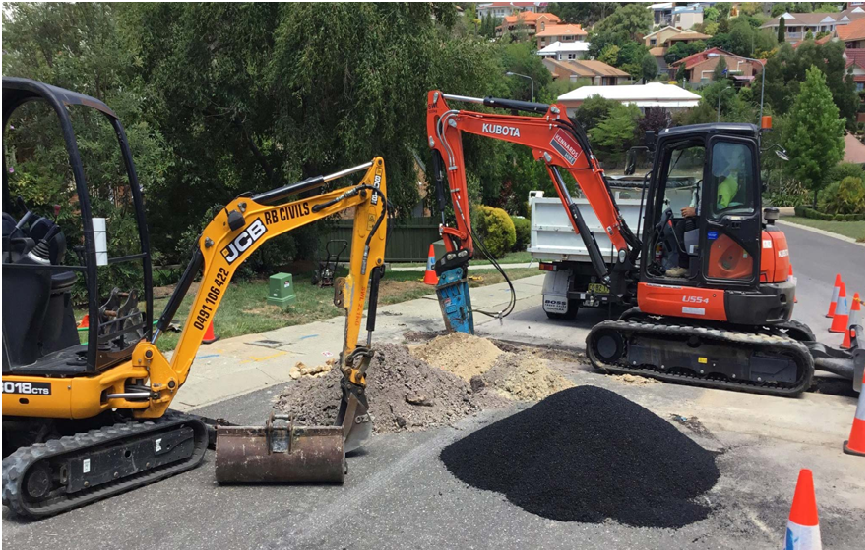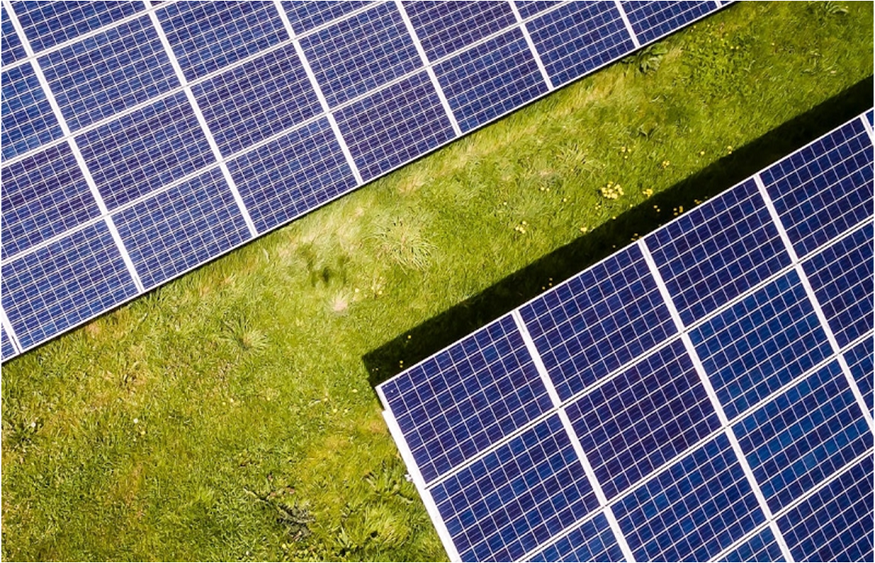Understanding the difference between commercial and domestic waste is essential for effective waste management. While both involve the disposal of unwanted materials, each type has unique characteristics, regulations, and disposal methods. Businesses, organizations, and households all generate waste, but the approach to managing commercial waste disposal is typically distinct from handling domestic waste. In this guide, we’ll break down the differences between these waste types, including what they consist of, how they’re regulated, and why proper disposal is essential.
What is Commercial Waste?
Commercial waste refers to waste generated by businesses, industries, and institutions. This includes waste from offices, factories, retail stores, restaurants, construction sites, and other commercial establishments. The types of waste created vary widely based on the nature of the business but often include a combination of recyclable materials, hazardous waste, and general refuse.
Types of Commercial Waste
Commercial waste typically falls into several categories, including:
- General Waste: Non-recyclable items like non-recyclable plastics, Styrofoam, and certain packaging materials.
- Recyclables: Paper, cardboard, metals, and some types of plastics that can be processed and reused.
- Hazardous Waste: Chemicals, solvents, paints, and other substances that require special handling due to their environmental or health risks.
- Organic Waste: Food waste and biodegradable materials, common in food service industries.
Since commercial waste can include a wide range of materials, effective commercial waste disposal requires sorting, recycling, and, in some cases, special handling for hazardous items.
Regulations for Commercial Waste Disposal
Commercial waste is subject to specific regulations, often governed by local and federal environmental agencies. Businesses are typically required to:
- Separate and label waste: Certain types of waste, especially hazardous materials, must be sorted and labeled correctly.
- Follow environmental guidelines: Industries must comply with guidelines to minimize environmental impact, such as safe disposal of chemicals and proper recycling practices.
- Use licensed waste carriers: Many regions require businesses to hire licensed waste disposal companies for handling hazardous and large-scale waste.
These regulations ensure that commercial waste is managed responsibly to reduce pollution, protect human health, and encourage recycling and sustainability efforts.
What is Domestic Waste?
Domestic waste, also known as household waste or residential waste, is the waste generated by individuals and families in their homes. Domestic waste is typically less diverse than commercial waste and mainly consists of items used in everyday life. Unlike commercial waste, household waste is usually collected by municipal services as part of regular trash and recycling pickup schedules.
Types of Domestic Waste
The primary types of domestic waste include:
- General Waste: Non-recyclable household items such as food packaging, plastic wrap, and broken household items.
- Recyclables: Materials like paper, cardboard, glass, and certain plastics that can be processed and recycled.
- Organic Waste: Food scraps and yard waste, which can often be composted.
Household waste is generally easier to manage because it consists of a more predictable and limited range of materials compared to commercial waste.
Regulations for Domestic Waste Disposal
Domestic waste is governed by local government regulations, which set guidelines on:
- Waste separation and recycling: Many municipalities require households to separate recyclables from general waste, supporting local recycling programs.
- Composting and yard waste: Some regions offer curbside pickup for yard waste and compostable materials, while others encourage backyard composting.
- Hazardous waste disposal: Household hazardous items like batteries, paint, and electronics require special disposal methods and are typically collected at designated drop-off sites.
Local government agencies regulate household waste collection and disposal to ensure environmental safety and efficiency in waste management.
Key Differences Between Commercial and Domestic Waste
Although both commercial and domestic waste require proper disposal, there are notable differences in volume, composition, and regulation.
1. Volume and Scale
- Commercial Waste: Commercial waste is generally produced in much larger volumes than domestic waste, especially in industries such as construction, manufacturing, and retail. This requires more robust waste management solutions, including industrial-sized bins and frequent pickups.
- Domestic Waste: Household waste is typically smaller in volume and handled by standard curbside bins. Most residential waste is collected weekly or biweekly by municipal services.
2. Composition and Types
- Commercial Waste: Includes a broader range of materials, including hazardous chemicals, industrial by-products, and organic waste from commercial kitchens. Commercial waste is more likely to contain items that require specialized disposal.
- Domestic Waste: Primarily consists of everyday household items and recyclables, with fewer hazardous or industrial components.
3. Disposal and Handling Requirements
- Commercial Waste Disposal: Requires adherence to strict regulations, particularly when dealing with hazardous materials. Businesses often need to contract with licensed commercial waste disposal services to ensure compliance with environmental laws.
- Domestic Waste Disposal: Typically managed by local authorities, with set rules for recycling and composting. Hazardous household waste is handled separately from regular trash pickup and often requires special drop-off.
Why Proper Waste Management is Important
Proper waste management is essential to reduce the environmental impact of both commercial and domestic waste. Effective disposal reduces landfill use, promotes recycling, and minimizes pollution. Additionally, following the appropriate disposal methods for commercial and household waste ensures compliance with environmental regulations, safeguarding communities and ecosystems.
For businesses, hiring a professional commercial waste disposal service is an effective way to manage large-scale waste responsibly, reduce liability, and support sustainable practices. Likewise, responsible household waste management contributes to community cleanliness and environmental health.
Final Thoughts: Understanding Waste Differences for Better Management
Understanding the differences between commercial and domestic waste is vital for responsible waste management. By knowing what each type entails and the regulations involved, businesses and households can make informed decisions about disposal practices. Whether you’re managing waste on a large commercial scale or in a home setting, effective waste disposal helps minimize environmental impact and fosters a cleaner, more sustainable future.




